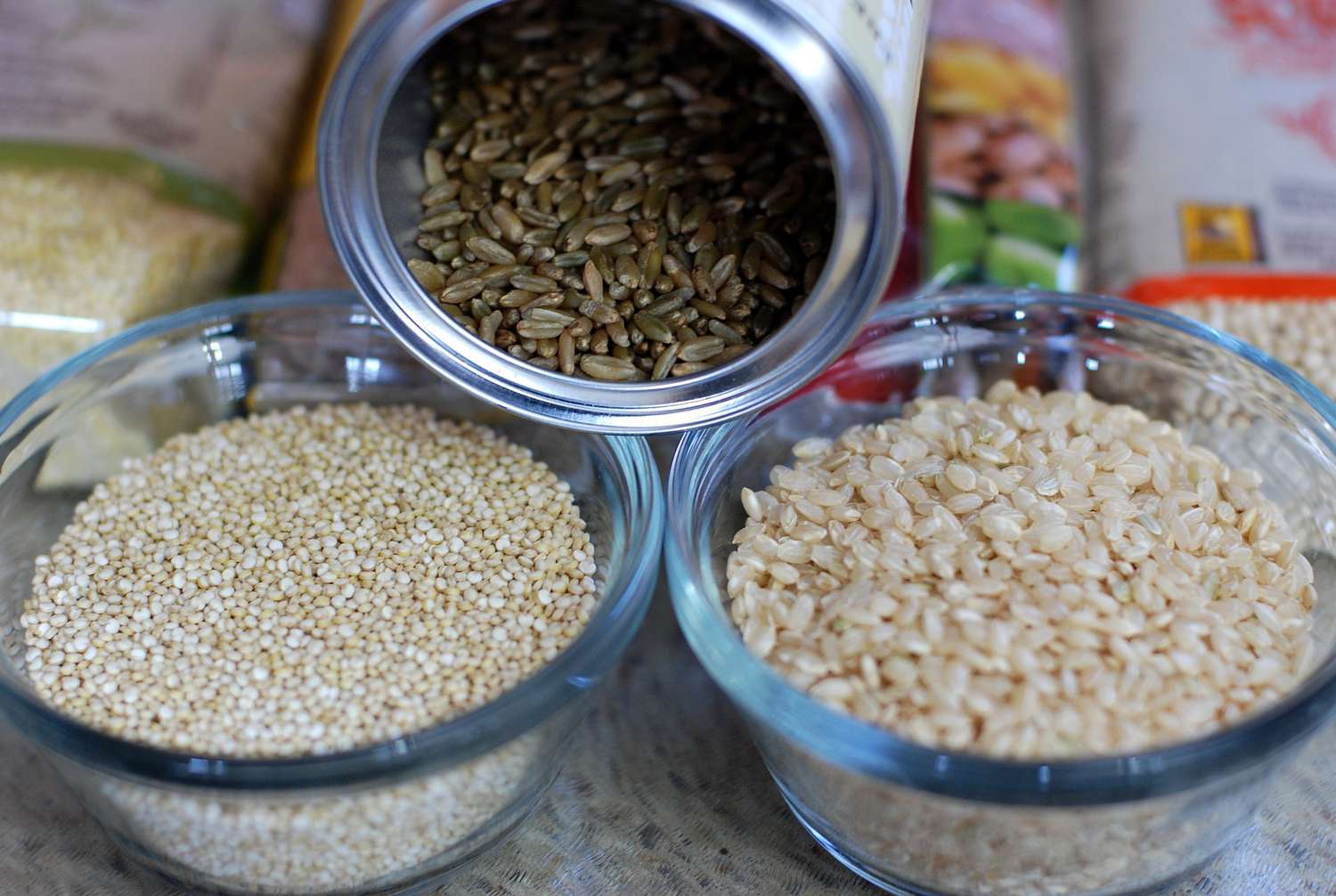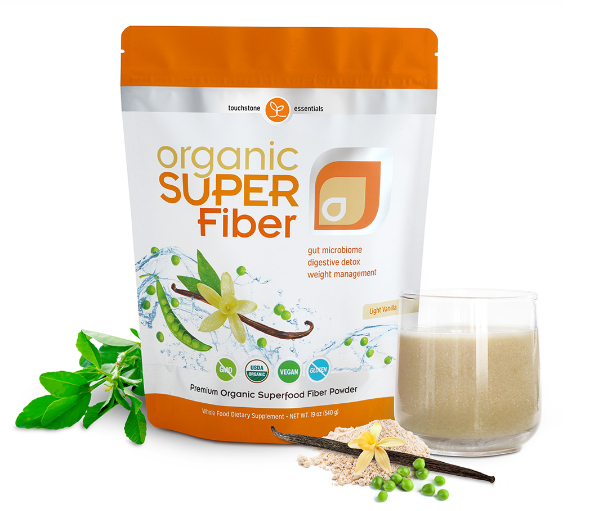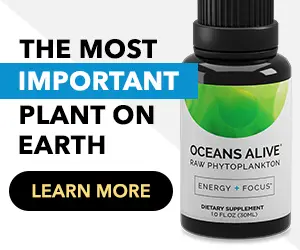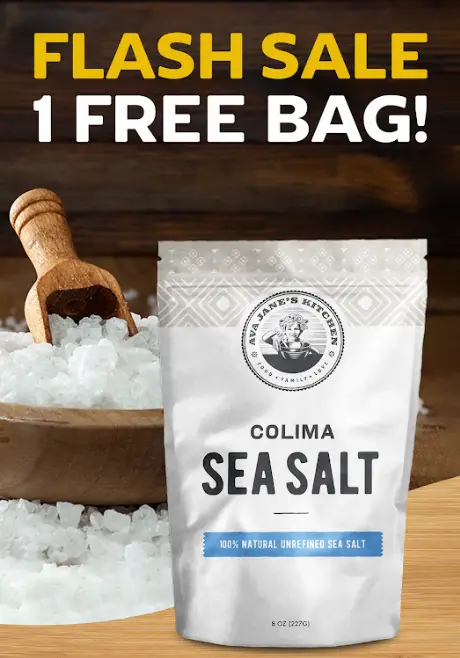Dr. Will Bulsiewicz is a best-selling medical doctor and author who focuses on gut health and the microbiome.
His best-selling book ‘Fiber Fueled:’ The Plant-Based Gut Health Program For Losing Weight, Restoring Your Health and Optimizing Your Microbiome’ discusses how it’s possible to reset the digestive system, aka your “second brain,” for optimal gut health and nutrient absorption.
Recently, Dr. Bulsiewicz took to social media to share a shocking statistic that most people are not aware of: 97% of people don’t get enough fiber in their diets, and this trend along with restrictive dietary plans like paleo and keto diets may be contributing to an epidemic of gut health and digestive disorders.
To maximize healing results, it is important to include several different types of fiber, including insoluble and soluble fiber.
Below are the reasons why each type of fiber is important, and how you can get more of it in your day-to-day life.
Soluble Fiber: Foods and Benefits
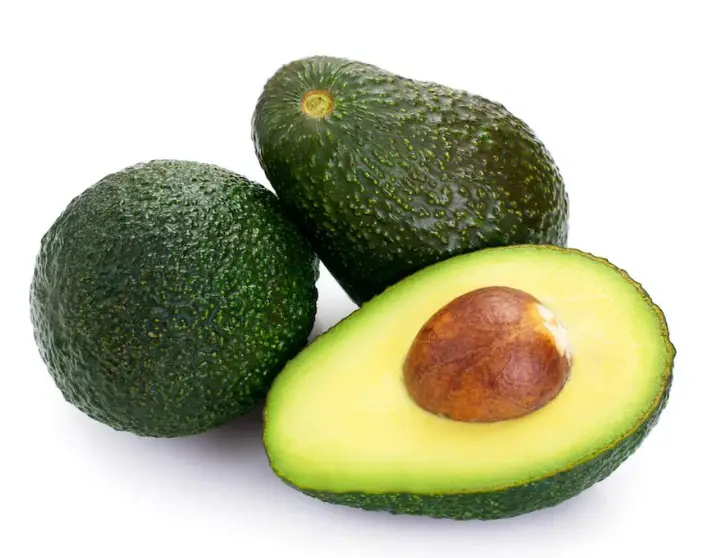
Soluble fiber is softer than other fiber and binds with fatty acids to flush them out of the body. It also slows digestion so your blood sugar doesn’t spike too much.
Some of the most common soluble fiber foods include the following according to Medical News Today:
-Beans
-Peas
-Oats
-Barley
-Fruits like apples and citrus
-Sweet potatoes
-Brussels sprouts
-Avocadoes
The most powerful form of soluble fiber comes from psyllium husk, a type of fiber that flushes your intestines out like a broom. It is typically found under brand names like Metamucil and Benefiber.
This type of fiber should be consumed in its purest, most organic form for best results, because adding glyphosate and other chemicals to your system may cause issues including leaky gut.
Nutritionists recommend 10-15 grams of soluble fiber consumption each day.
Try an Organic Soluble (Soft) Fiber Supplement Here
Insoluble Fiber: Foods and Benefits
Insoluble fibers serve different purposes compared to soluble. This type of fiber is typically harder and more gritty.
It helps to keep you hydrated and moves waste through the intestines, while also preventing constipation and keeping a person regular.
According to the Cleveland Clinic, a person should aim for a healthy mixture of both main types of fiber.
Top sources of insoluble fiber include:
-Granola products
-Oat bran
-Wheat bran and other whole grains
-Avocadoes (many foods contain both types)
-Organic cereals, preferably low in sugar or sugar-free
-Walnuts
-Beans
-Okra
-Radishes
-Berries
-Coconut products
The Eight Main Types of Fiber
There are at least eight major types of fiber that fall under each of the two main categories listed above.
Each serves a specific purpose.
Lignin (insoluble): Found in flaxseed, vegetables and rye, lignin is said to be heart healthy although not everyone reacts well to it, especially those with Celiac Disease.
Resistant starch (soluble): Found in bananas, oatmeal and legumes, resistant starch has become a popular supplement in recent years.
Cellulose (insoluble): “Nature’s laxative,” it’s found in nuts, wheat, grains, bran and seeds.
Inulin oligofructose (soluble): Found in onions, beets, and chicory root.
Also sold separately as a supplement (learn more here), inulin helps to increase “good” bacteria in the gut and may improve immune function.
Wheat dextrin (soluble): May lower blood sugar and improve heart health.
Mucilage, beta-glucans (soluble): Found in oats, oat bran, peas, beans, barley and similar foods, this type of fiber helps with heart health and diabetes management and prevention.
Pectin and gums (soluble; some pectin is insoluble): Pectin is a substance found in apples and other fruits that binds to toxins and removes them from the body.
These substances also slow the passage of food through the GI tract.
Learn more or try this type of “modified” citrus pectin here.
Psyllium (soluble): Made from psyllium husk, psyllium cleans out the digestion system quickly, acting like a broom for the intestinal tract.
Psyllium supports healthy blood glucose levels, improved nutrient absorption, and a healthy gut microbiome.
It can removes toxins stuck in the digestive system for months.
The Organic Super Fiber blend from Touchstone Essentials helps to clean out your intestinal tract like a broom, allowing for effortless weight loss and a lighter, healthier feeling in days.
Click here or on the picture below to try it
Related Reading: Holistic Doctor Shares – How to Make a Collagen and Fiber-Rich, Healthy Breakfast for Pennies on the Dollar
The Top Seven Foods For Healing Leaky Gut From the Inside-Out
New Research: One Ounce of This Drink, Twice a Day Can Work Wonders for Your Weight
Thanks for installing the Bottom of every post plugin by Corey Salzano. Contact me if you need custom WordPress plugins or website design.


